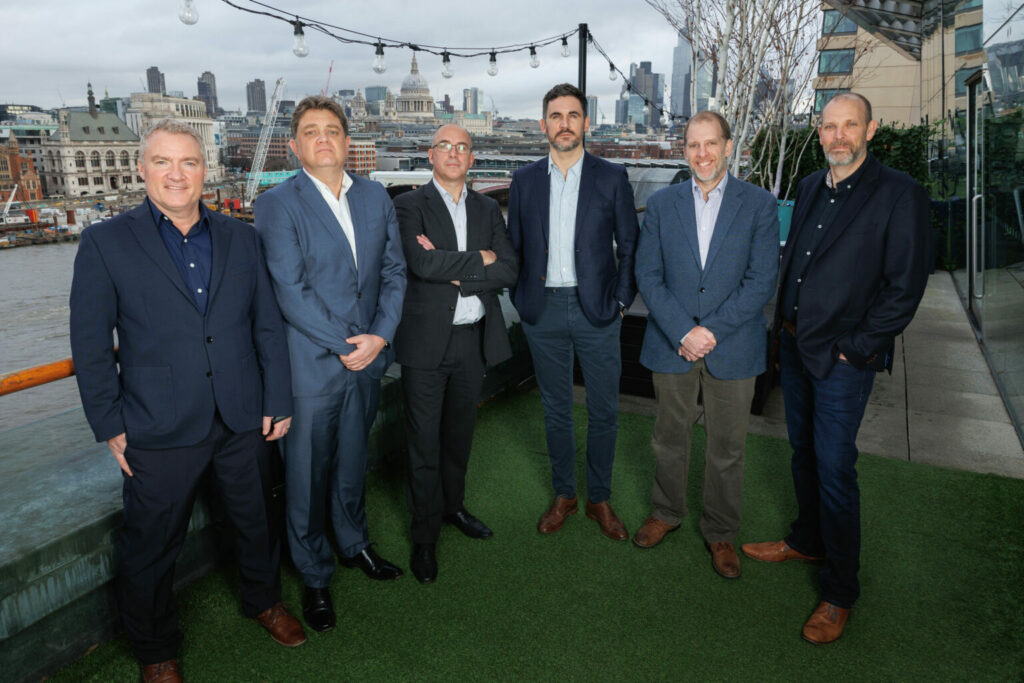Human nature dictates that we must sit on a precipice of near destruction until change happens; in which, let’s do nothing until then, right? Brilliant!
The problem is, change is expensive, disruptive, and unwelcome by those who fear having to think and act differently. Does Environmental, Social and Governance (ESG) related change mean I have to be an armchair critic of electric cars? Long-term strategies don’t win prizes and don’t serve a purpose in a world so needy of instant gratification. Neither do they keep you in office; the tenure of ‘important people’ tends to be in the region of 3-5 years fuelled by a few instant changes to show the board potential before things are dictated to by Capex and Opex cuts.
When it comes to ESG, it is time to break this pattern. It is time to be famous for doing something.
Personally, I’ve always been impressed by the Japanese culture of lifetime strategies. Yes, there are short and medium-term plans, but a 50 to 100-year strategy underpins them, showing careful thought and planning about the future. Think about it, scratch beneath the surface of the ESG ‘greenwashing’, and ask yourself whether people actually care and have a plan, and whether your supply-chain and critical partners are acting on their sustainability goals for the right reasons. Or is it all just for compliance reasons?
I was disturbed recently by the number of emails I received on Earth Day morning offering products and services at a 30 percent discount as promotion. Earth Day isn’t an opportunity to profiteer from potential misery. Earth Day is a thought-provoking remembrance of the past and a trigger to change the future.
Every decision and action we make has a potential impact on the future of civilization. I try to be as aware of this as much as possible and ask whether a product or supplier has a root and branch genuine approach to ESG, or whether it’s purely a revenue-generative exercise for greenwashing PR.
If there is dishonesty in the messaging, there is dishonesty in the morals which ultimately results in half-baked action virtue signaling. Modern procurement should not simply be about price, dates, and delivery; it’s about the “how” in the way things are executed and the impact on our overall welfare.
As you are reading ERP Today, you will recognize that every one of us sits within an ERP supply chain and HCM process, whether B2B or B2C; it doesn’t matter. So now is the time to change and put an ESG lens on decision-making. It is time to:
- Challenge and choose suppliers based on their ESG actions and outcomes. Look beyond the greenwashing veneer and ask tough questions. Consider going one step further, and weigh your selection criteria for suppliers heavily on their ESG outcomes.
- Sell the ROI internally by paying more for products and services which support sustainability.
- Drive your ESG goals bottom up and not just top down to meet a regulatory or compliance mandate.
- Understand the high-impact ESG changes possible within your organization and those influencing it. Then drive momentum around these people and priorities.
Forward-thinking organizations are already informing important stakeholders about the progress of their ESG goals via disclosures and comprehensive analytics. Companies focusing on environmental and social responsibilities are more resilient than others in managing risks. And making such disclosures allows them better to communicate their business’s purpose and strategy to customers.
Investors prioritize companies that perform ESG reporting regularly and have serious sustainability goals. ESG concerns are becoming the primary consideration for many, especially when considering an investment.
Companies must start investing in ESG reporting as part of their business strategy. Not only will it help nurture crucial existing relationships, but it also allows for new ones to be formed.
More and more corporations and organizations are beginning to see the effects pollution, global warming, and other environmental factors have on our world. A significant reason why many are starting to address these concerns is the pressure from the public and their key stakeholders. We all know the pressure needs to be 100 times more than it is at the moment to make a change.
ERP vendors have all seen the growing demand for systems that can help with sustainability, our social interaction and the governance that underpins this. All have started providing answers in the form of specialized cloud services and applications that can help businesses better see their impact on future generations.
So, where can ERP play its part in shaping the future?
- A repository of crucial data: An ERP solution provides a framework database of information across several critical business areas. Data sets such as sales and procurement, manufacturing, supply chain, human resources and financials can all be captured here. Making data uniform at this layer will make it easier to create reliable data to present to key stakeholders as they make essential decisions to minimize carbon emissions and waste in their organizations.
- A platform to obtain carbon insights: ERP systems can make the calculations of carbon footprint easier. Items that impact carbon emissions can be tagged so that the raw data needed to calculate emissions is readily available. Also, ERP systems can be configured to track carbon credits. By combining both the credit and the production of carbon, sustainability leaders will have the total picture to act.
- ERP systems contribute to governance: One of the most critical functions of an ERP system is the tracking and analysis of people and compliance data, an essential part of the “S” and the “G” in ESG. Configuring HCM modules to give managers visibility into critical people-related ESG targets will empower managers to meet or exceed those goals. Also, structuring the HCM data model with full consideration of ESG reporting will make the process of data sharing and reporting easier for sustainability teams.
- Streamline ESG reporting: Finally, companies can use ERP systems as one of their primary sources of information regarding sustainability, which makes it easier to produce auditable ESG disclosures. Besides providing organizations with in-depth reporting functions, an ERP solution modified to focus on ESG will improve the operational decision-making of managers and improve not just the reporting of ESG metrics but achieving ESG goals faster.
That’s the simple stuff we should all be doing; now, let’s look at more forward-thinking ways ERP can impact ESG strategies.
Consider how AI can optimize your supply chain. Optimized route planning for the supply chain has been around for years, but now we can use this to create direct environmental and financial benefits. Energy consumption factors can also be factored into route efficiency planning.
IoT is still taking off, but connecting sources of IoT data to your ERP ESG reporting can reap benefits across the whole organization. I can hear you saying, “but my data is disparate, and change is difficult.” Ok, but think of the more comprehensive benefits of the change. Data architecture and lineage within ERP is simple; it’s the change adoption which isn’t. That’s why, when looking at your organization’s structure and behavior, you need to embed ESG within everything you do.
Product Lifecycle Management must now come to the fore and be integrated with the rest of the ERP data available to us. Rethinking PLM to prioritize sustainability goals must now be at the forefront of our thinking. We believe that implementing data-driven, end-to-end PLM practices can help organizations to measure and analyze the consequences of their product design, methods of production, and supply chain choices on the planet’s lifecycle.
Often people think of ERP as just the finance back-office function. Instead, think about the HCM elements, capturing your supplier’s labor practices, exposure to human rights, corruption, and bad practice. Leveraging your HCM to capture these data points will drive a long-term change in behaviors that will have a measurable impact.
Now is the time to embrace ESG. You will take action, or you won’t. Steve Jobs said we must start with the customer experience in mind. We need to replace that approach with ESG-led design thinking.
We don’t have long to make a difference. I’ve just checked Uber, and Kepler-452b wasn’t recognized as a destination.
Richard Pepper is group head of ERP Practice in Qubix and board director at the UK Oracle User Group.





